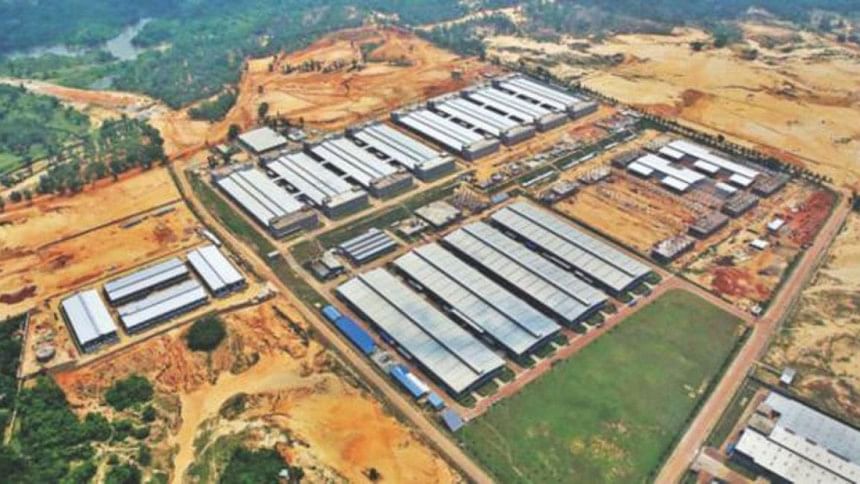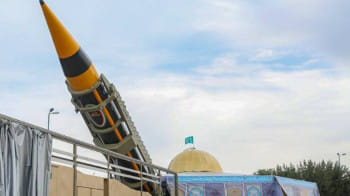The crippling effect of slow development

Despite interest shown by foreign investors in country-specific Special Economic Zones (SEZs) and the Bangladesh Economic Zones Authority (BEZA) taking steps to acquire and allot land to that effect, it appears preparatory work on most of these zones is lagging far behind schedule. Of the zones, Mongla and Bheramara in Kushtia district are for Indian use exclusively, while Araihazar in Narayanganj and Anwara in Chittagong are for the Japanese and the Chinese, respectively.
It appears that the slow pace at which the authorities are moving on clinching soft loans for development and awarding contract for international developers has taken a laid-back approach given the problems associated with land acquisition. The Chinese SEZ has made progress as BEZA has handed over 778 acres of land to Chinese developer China Harbour Engineering Company Ltd. But even there, progress has been slow. According to media reports, land development has emerged as a major stumbling block as most of the SEZs are situated on difficult terrain such as char, low-lying or hilly areas. Preparing such land for industrial use is a challenging task and one that requires both expertise and acquiring filling materials that are not readily available.
When we take into account legal complexities involved in acquiring land, especially in a country where the bulk of land is agricultural, and couple that with our slow rate of getting any infrastructure project off the ground, it opens up the possibility of missing deadlines on project completion. The government has set a target to set up 100 SEZs by 2030. While the process started back in 2010, only about 6 to 7 percent progress has been made. There is no shortage of interest, as an estimated USD 17 billion have been received in commitments (with about USD 8 billion in FDI). The government has so far spent Tk 3.95 billion on land and infrastructure development, but what is now increasingly apparent is that we have not done enough to improve the capacity of state-run entities involved in the process to expedite work on SEZs.
Preparing the land to make it fit for industrial use requires filling up low-lying areas with sand or marine sediments that require dredging with pipes. While for hilly areas, contractors need to level the land. All this requires investments in manpower and equipment, but given the state of one contractor on the Mirsarai interrelated industrial city, only a third of the dredging to fill 880 acres of land has been completed in the last 18 months. What it all points to is a lack of planning on where the materials needed for the job are going to come from; how finance will be clinched; and whether the contracted parties are in a position to get requisite manpower and equipment in place to speed up the process.
Land shortage remains a crippling area since there is no zoning in the country that demarcates what land is to be used for what purpose. And in a densely populated country where land ownership is both fragmented and agricultural in nature, these are problems that will keep recurring. We certainly need to get our act together on a number of issues if these projects are to be kept on track.
First and foremost, we need to secure financing for off-site infrastructure that includes access and road links to connect zones. Utilities including gas, electricity, and water have to be established. There should be inland container terminal and customs facilities (bonded warehouse, etc.). Equally importantly, there must be specific deadlines for on-site infrastructure development: acquiring and developing land, power generation, demarcation of commercial and non-commercial areas.
While securing finance, the focus should be on getting soft loans with a repayment period of around 40 years and an annual interest rate of about 0.01 percent (as offered by the JICA's ODA finance). All these activities must go hand in hand. Caution should be exercised not to overstretch BEZA (a relatively new institution) with too many projects. Our efforts should be concentrated on the country-specific SEZs for now, since those are the ones that hold the promise of serious investments from FDI. We need to get a move on in all the areas highlighted above to avoid missing deadlines, which will have repercussions on our national credibility.
Syed Mansur Hashim is Assistant Editor, The Daily Star.





Comments